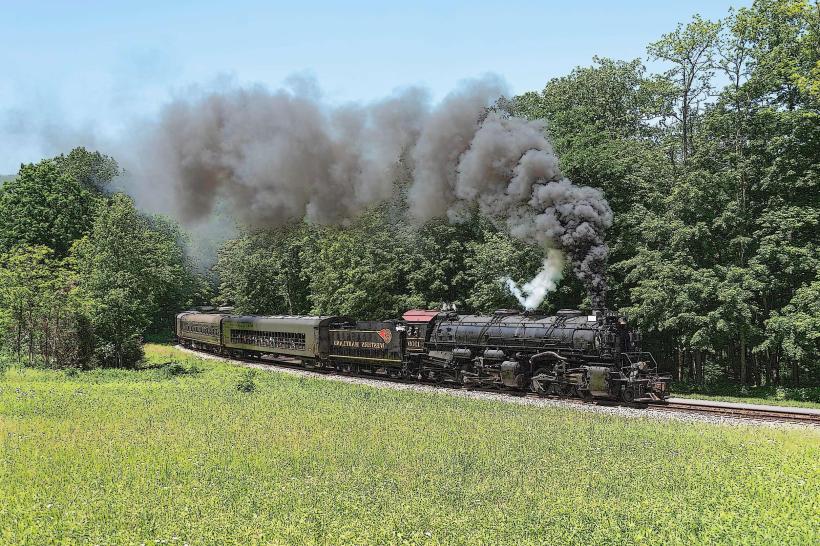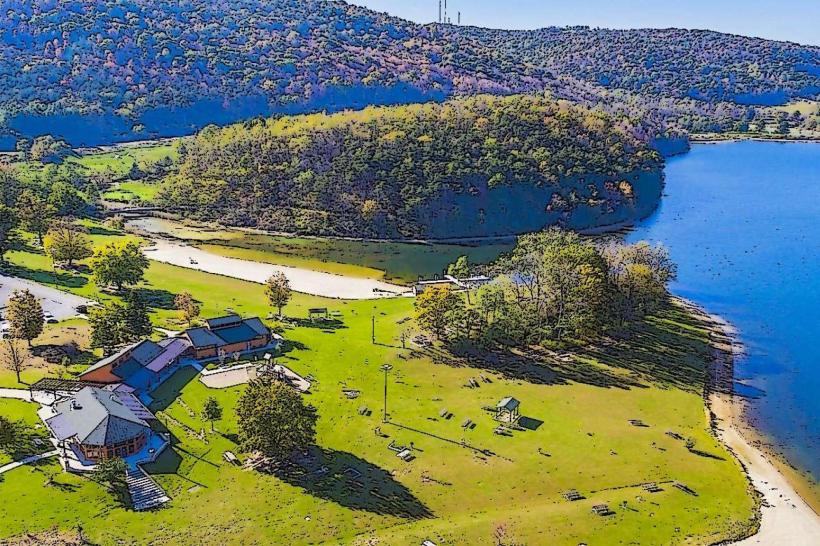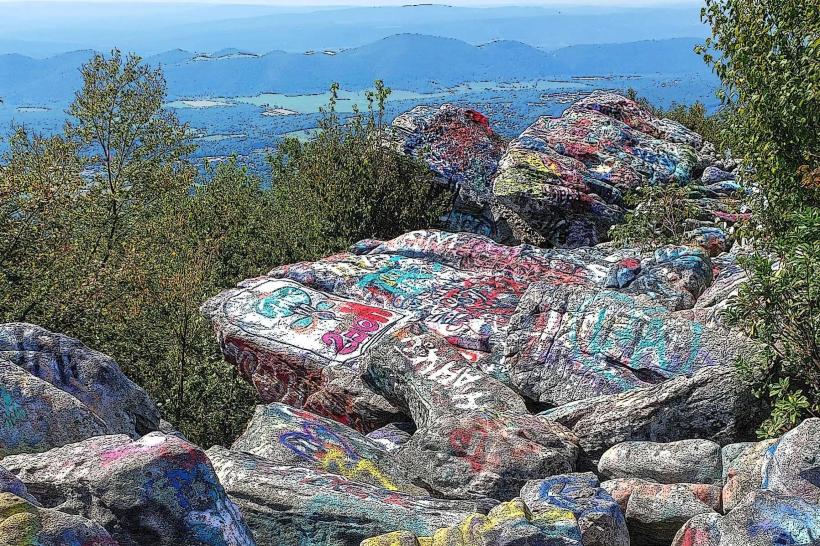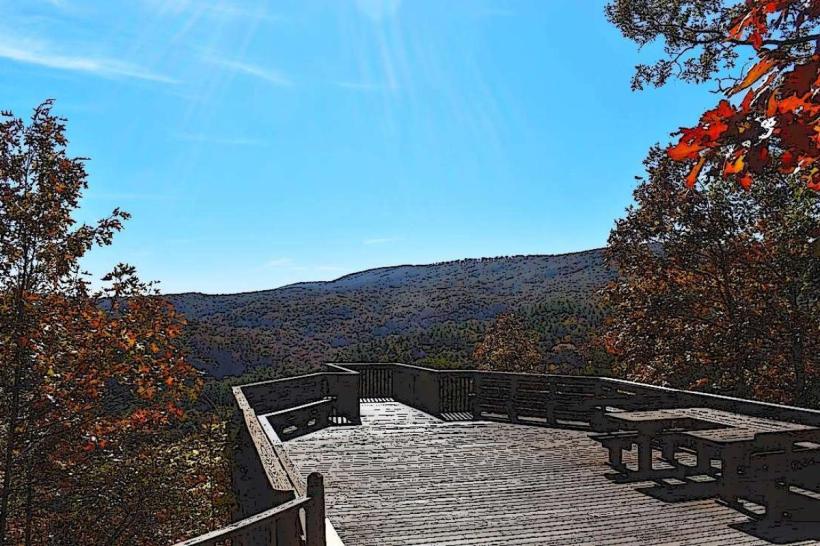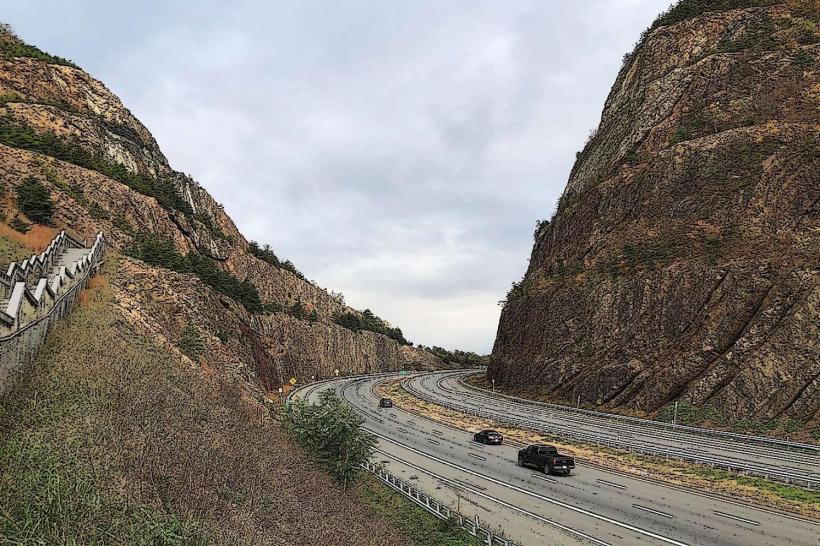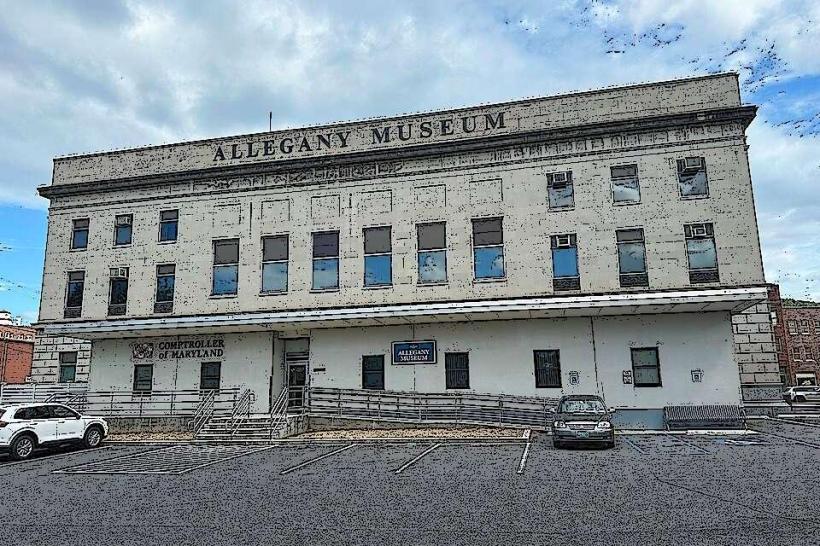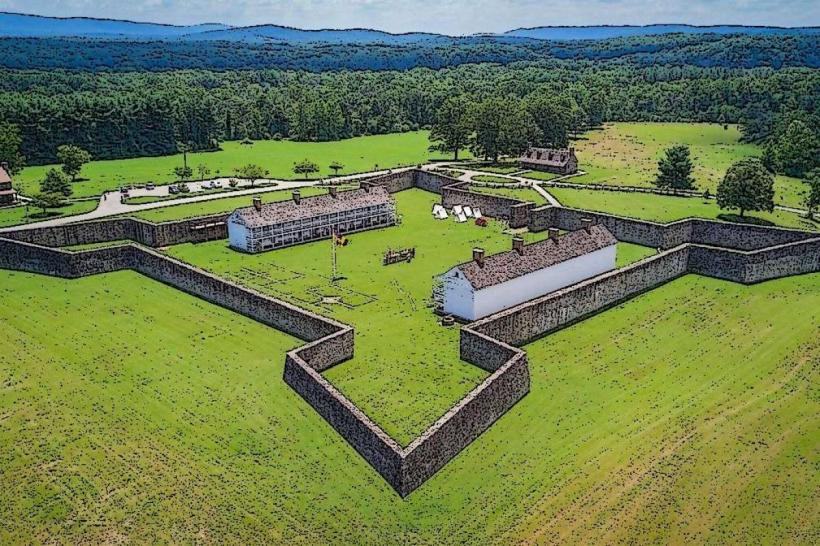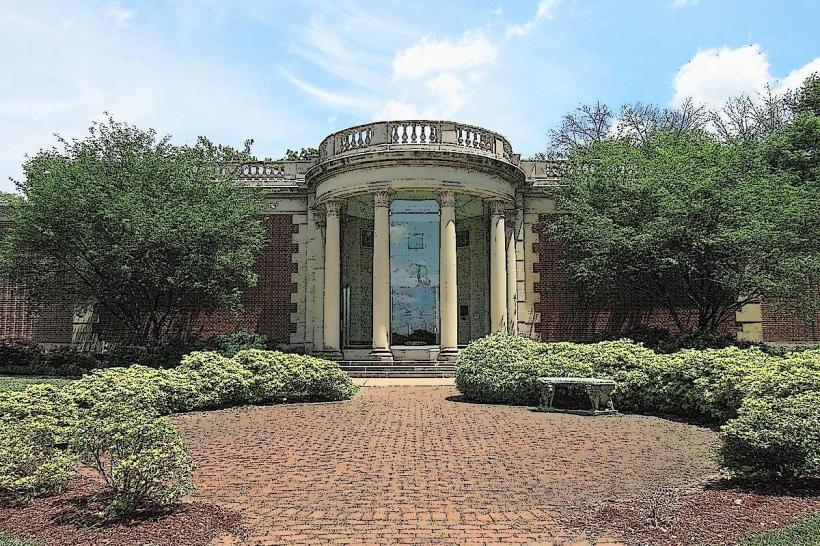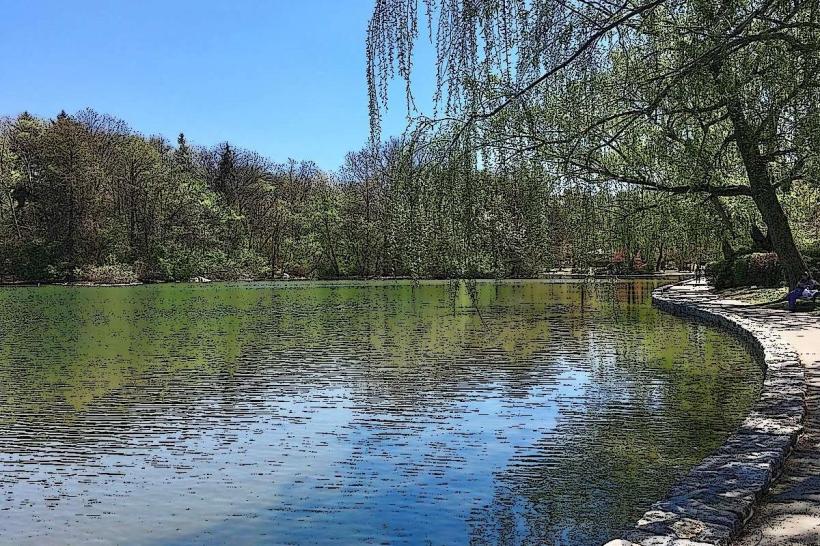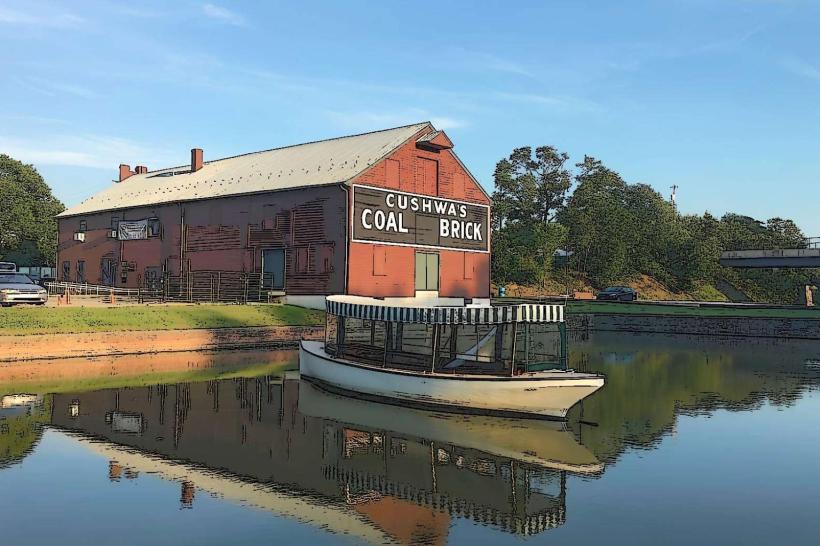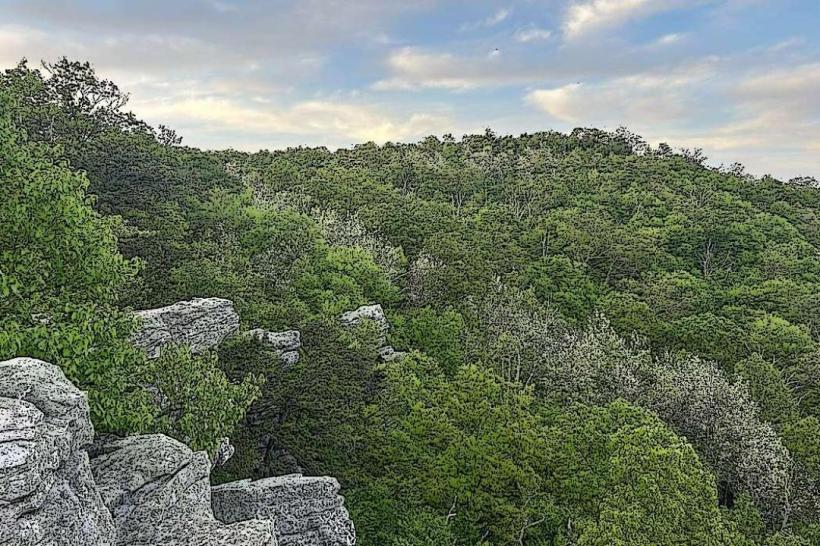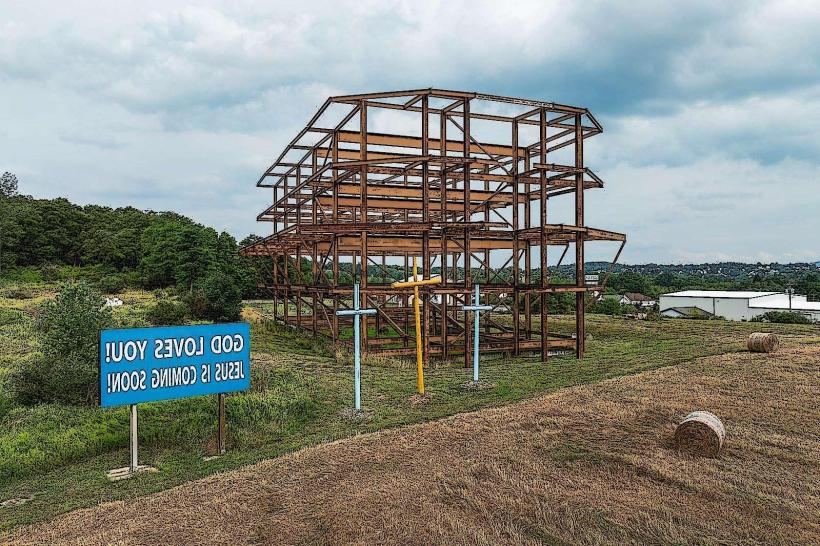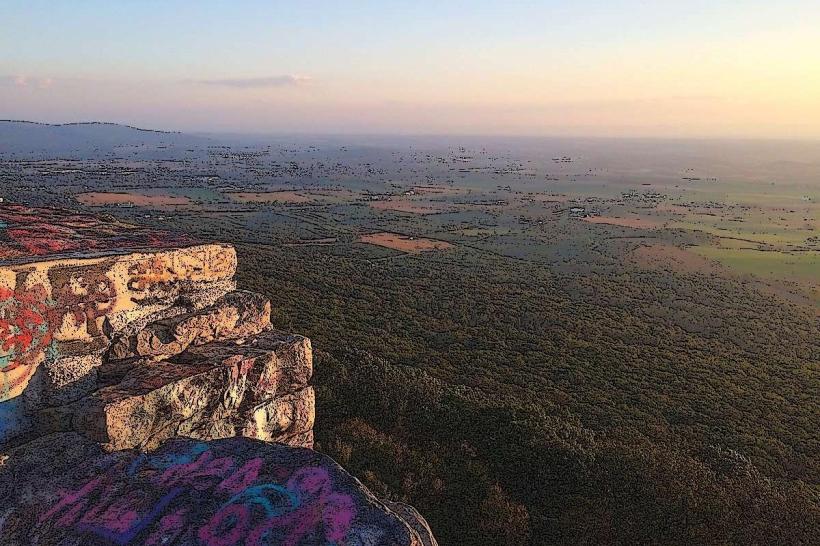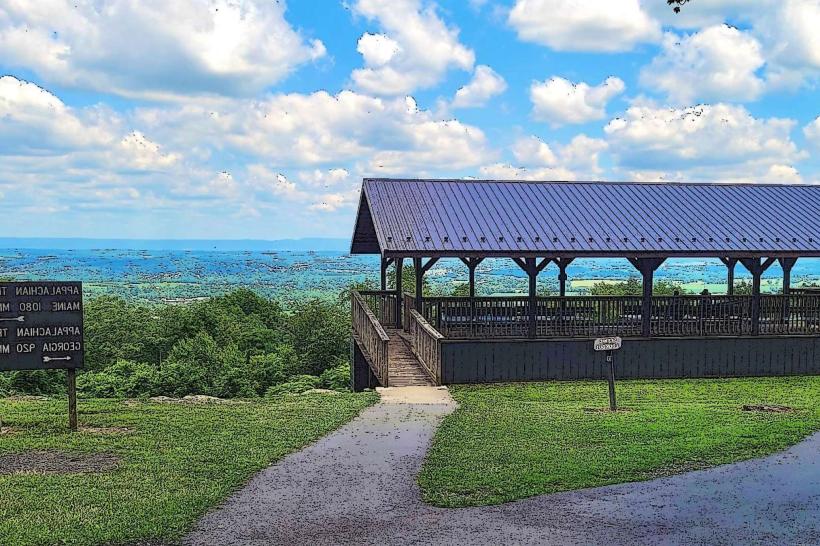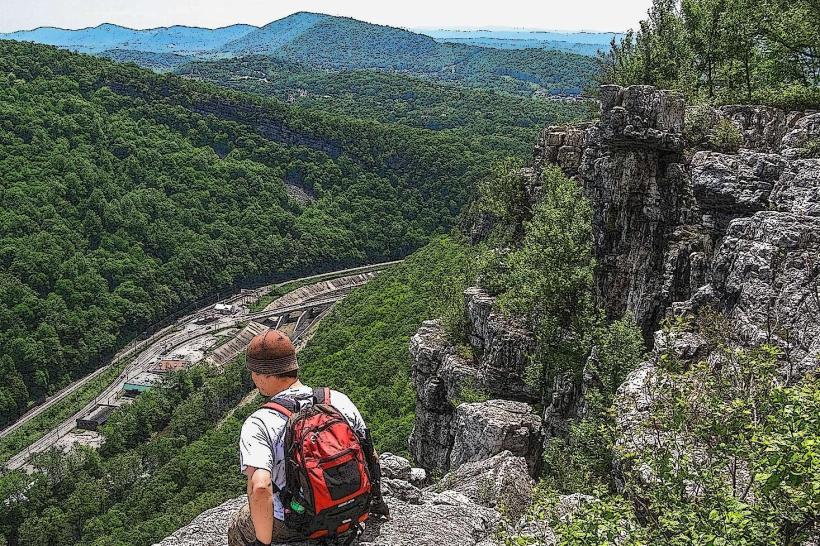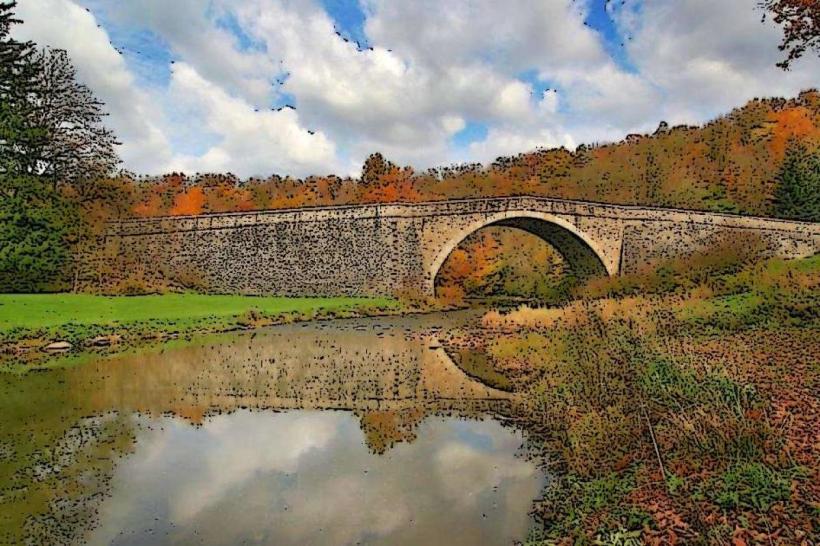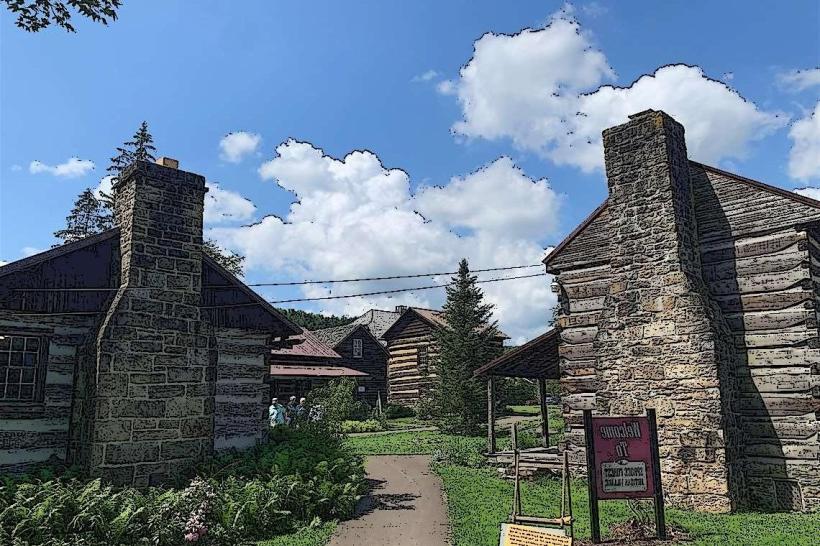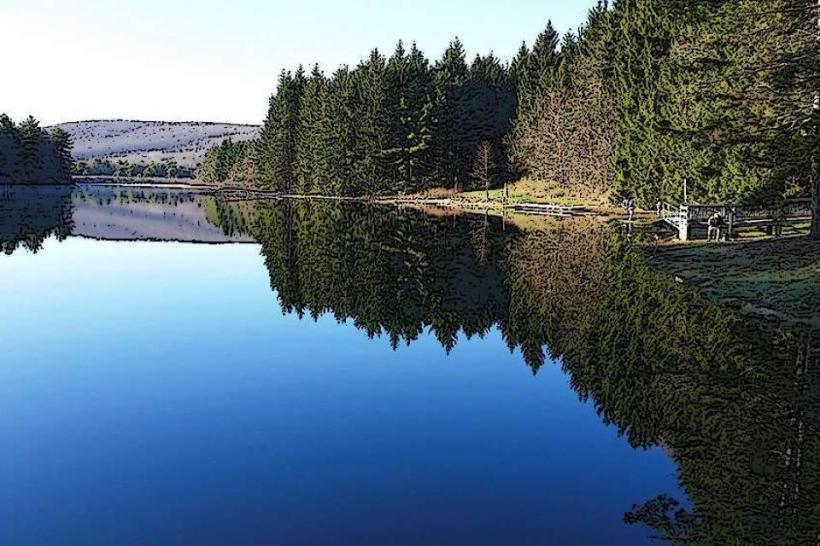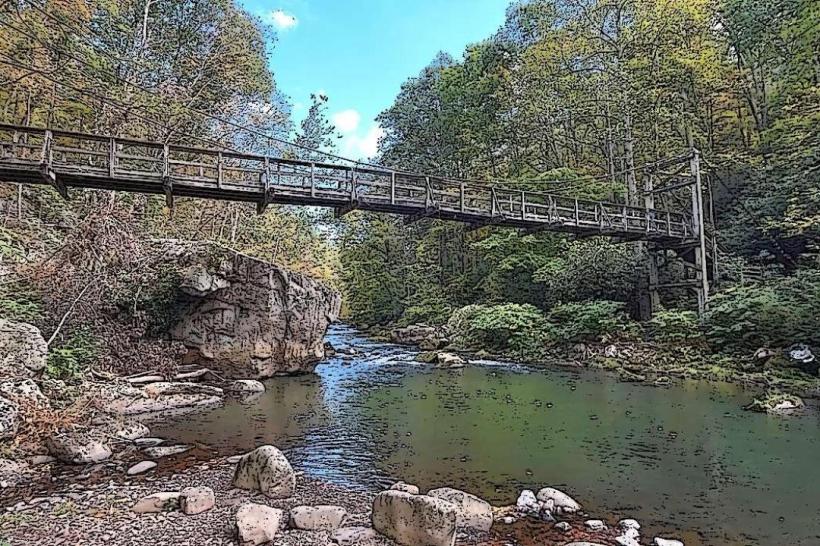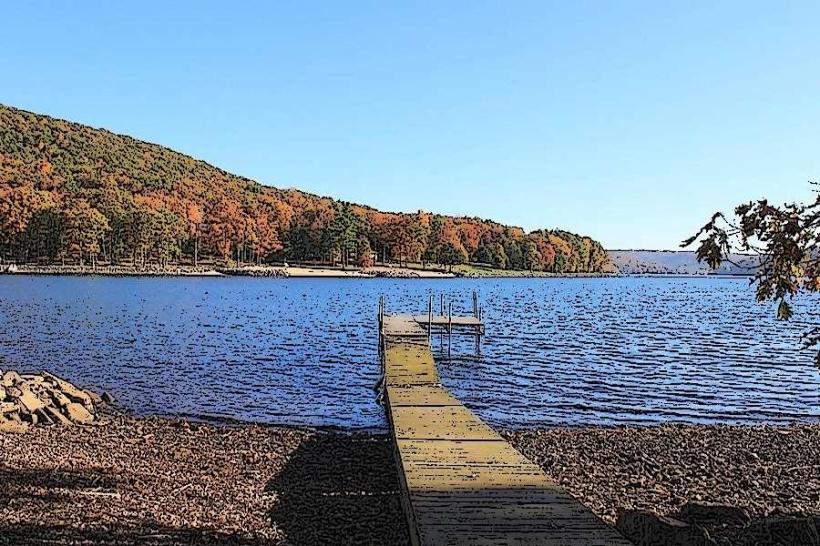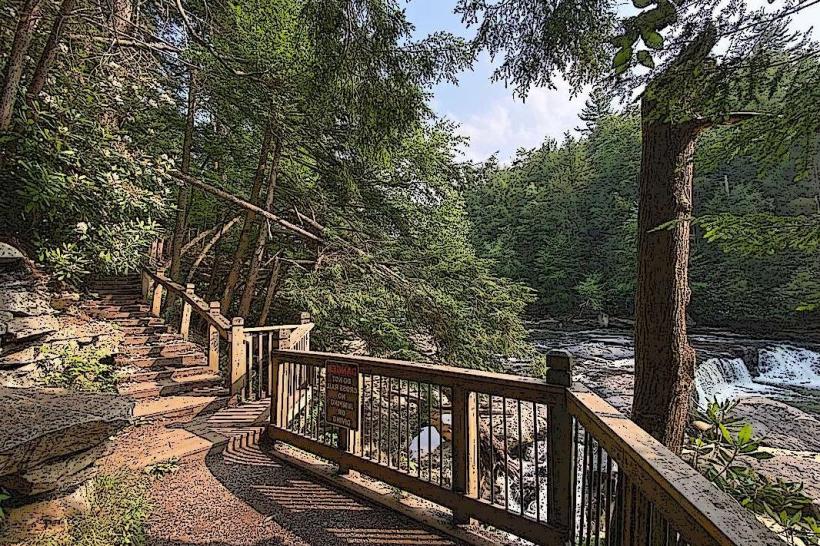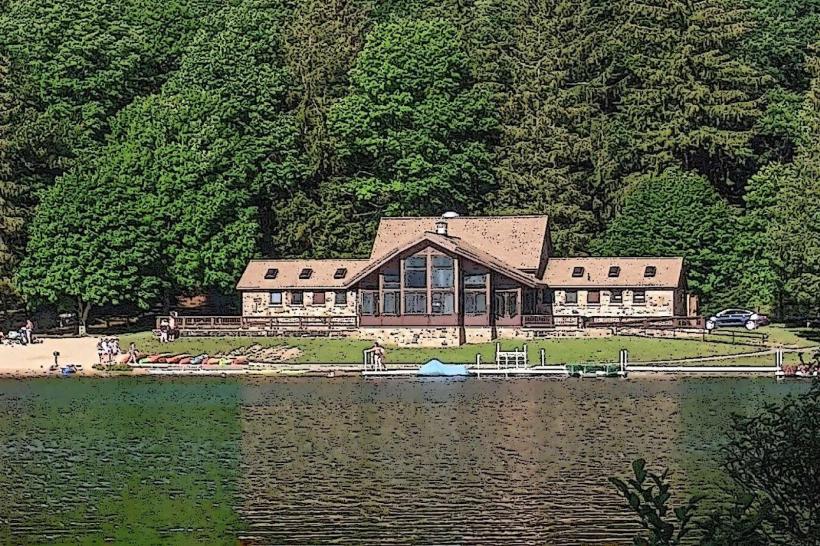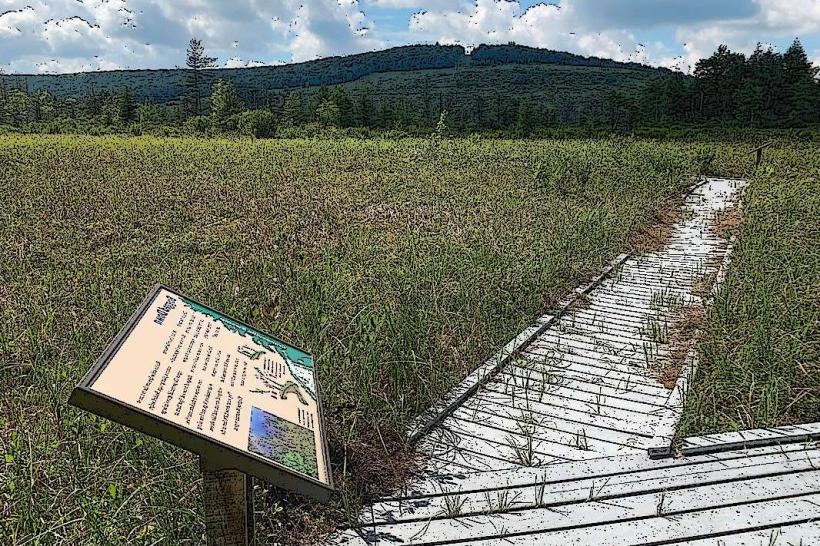Information
Landmark: Paw Paw TunnelCity: Hagerstown
Country: USA Maryland
Continent: North America
Paw Paw Tunnel, Hagerstown, USA Maryland, North America
Jockey Hollow is a historic area located within Morristown National Historical Park in Morristown, New Jersey. It served as the winter encampment for the Continental Army during the Revolutionary War.
Visual Characteristics
The landscape at Jockey Hollow consists of rolling hills and open fields, interspersed with mature deciduous forests. The terrain is characterized by moderate slopes and clearings that historically accommodated army encampments. Several reconstructed log huts are present, representing the soldiers' winter quarters. The area is traversed by dirt paths and paved park roads.
Location & Access Logistics
Jockey Hollow is situated approximately 4.8 kilometers (3 miles) south of downtown Morristown, New Jersey. Access is via New Jersey Route 202 (Morris Street) and then turning onto James Street, which leads into the park. The main entrance to Jockey Hollow is clearly marked. Ample parking is available at designated lots throughout the historical park, including near the Wick House and the reconstructed huts. Public transportation options to Morristown exist, but direct bus service to Jockey Hollow is limited; a taxi or ride-sharing service from the Morristown train station would be required.
Historical & Ecological Origin
Jockey Hollow was established as a winter encampment site for the Continental Army under General George Washington during the winters of 1779-1780 and 1780-1781. The land was privately owned agricultural property prior to and during the encampment. The ecological origin is temperate deciduous forest and rolling glacial topography.
Key Highlights & Activities
Visitors can explore the reconstructed soldiers' huts, providing insight into the living conditions of the Continental Army. The Wick House, a preserved 18th-century farmhouse, offers a glimpse into civilian life during the period. Hiking trails are available, allowing exploration of the encampment grounds and surrounding woodlands. Interpretive signage details the historical events and military strategy employed at the site. Ranger-led programs are sometimes offered.
Infrastructure & Amenities
Restrooms are available at the main visitor center and near the Wick House. Shaded areas are present within the forested sections of the park. Cell phone signal (4G/5G) is generally available but can be intermittent in more remote sections of the park. No on-site food vendors are present; visitors should bring their own provisions. Picnic tables are located in designated areas.
Best Time to Visit
For clear views of the encampment layout and improved hiking conditions, late spring (May-June) and early autumn (September-October) are optimal. These months offer moderate temperatures and reduced humidity. Mid-day lighting is suitable for general observation, while early morning or late afternoon light can enhance the visual texture of the landscape for photography.
Facts & Legends
The winter of 1779-1780 at Jockey Hollow was one of the harshest recorded in American history, with temperatures dropping significantly and heavy snowfall impacting the soldiers' ability to procure supplies. A specific historical oddity is the presence of over 12,000 soldiers and their dependents, creating a temporary city in the wilderness.
Nearby Landmarks
- Fort Nonsense (1.5km North)
- Morristown Green (4.5km North)
- Macculloch Hall Historical Museum (4.0km North)
- Speedwell Village (5.0km Northeast)

